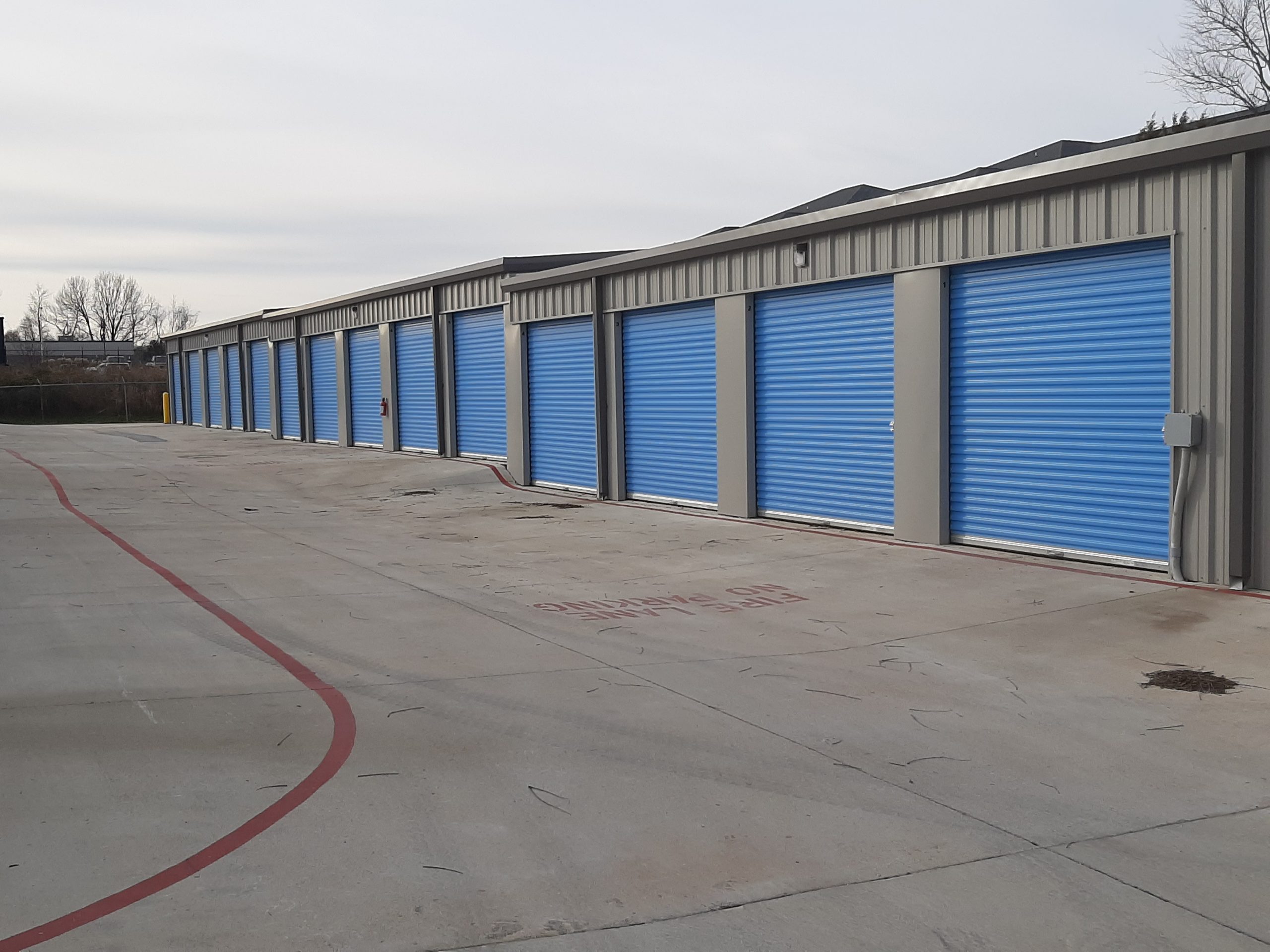Investing Wisely: Diving into the Storage Unit Industry
Investing in real estate has been seen for a long time as a dependable way to build wealth, and one segment that is gaining traction among shrewd investors is the storage unit market. As cities continue to grow and more people seek adaptable housing options, the demand for storage units has increased dramatically. This trend not only opens up a unique opportunity for individuals looking to diversify their investments but also enables them to enter a market that often goes unnoticed.
Storage units offer several advantages that make them an appealing option for investment. They generally need less management than traditional real estate properties, making them ideal for both experienced investors and those who are just starting out. Additionally, the increasing demand for personal and business storage solutions guarantees investors can enjoy a consistent flow of income. As the trend of decluttering and downsizing persists, now might be the ideal time to investigate the opportunities of this flourishing market.
Understanding the Storage Space Industry
The self-storage market has developed as a practical investment prospect in the last several years. As metropolitan residences become smaller and individuals seek additional storage options, the demand for self-storage units has consistently increased. This phenomenon is particularly clear in densely populated areas where available space is scarce. Investors are acknowledging the potential returns that can be derived from this market, especially as the demand for varied storage solutions continues to grow.
Putting money in self-storage facilities offers a particular set of benefits. Unlike standard property investments, storage facilities typically require lesser startup capital and tend to have lower operating costs. This makes them open to a larger range of stakeholders. Furthermore, the continuous demand for storage units can provide a somewhat steady revenue flow, as these facilities often experience consistent occupancy levels regardless of economic fluctuations.
Additionally, the self-storage market benefits from reduced maintenance requirements compared to housing. Facility owners can take advantage of automated billing systems and security systems that lessen the necessity for on-site management. This ease of operation allows stakeholders to focus on expansion and optimizing their portfolio rather than being bogged down by day-to-day management tasks. In conclusion, the storage unit industry presents an attractive path for those wanting to expand their asset bases.
Categories of Storage Units
When considering an placement in storage facilities, it's essential to recognize the various types available in the industry. Conventional self-storage spaces are the most common. These units enable individuals and businesses alike to acquire area for different belongings, from household items to periodic items. The versatility of rental agreements and dimensions makes them desirable to a diverse range of customers, increasing occupancy rates which can provide steady income for stakeholders.
Another popular alternative is climate-controlled storage spaces. storage units airway heights are crucial for storing temperature-sensitive items such as electronics, collectibles, or sensitive documents. By offering a stable environment, they entice customers willing to invest a premium for the added protection against humidity and climatic fluctuations. Putting money in climate-controlled storage can improve an investor's portfolio, as these units often command superior rental prices and occupancy rates.
Vehicle storage spaces are also growing popularity among investors. These spaces target car lovers, boat operators, and RV drivers who need a protected place to store their vehicles. The rising demand for such specific storage options offers investors a special chance. By merging standard storage services with dedicated vehicle storage, investors can enter new markets and maximize their profit potential.
Key Factors for Investment Achievement
When evaluating an investment opportunity in self-storage facilities, location is a key factor that can greatly affect your outcomes. Optimal spots are often close to neighborhoods, educational institutions, or shopping centers where demand for additional storage space is strong. A thorough review of the community real estate market can reveal patterns and potential growth, allowing you to spot areas with a robust potential for high occupancy rates and profitable returns.
Another important factor to consider is the level of competition. Investigating existing storage businesses in the area will offer information into costs, services offered, and utilization rates. Knowing your competition allows you to set apart your facility by providing enhanced amenities or targeted marketing strategies. This uniqueness can attract a steady stream of customers and assist build a dedicated clientele, essential for long-term profitability.
In conclusion, effective management is crucial for maximizing returns on investment in the self-storage market. Implementing a comprehensive operating plan that includes promotional tactics, customer service, and maintenance can improve the overall customer satisfaction and client loyalty. Additionally, leveraging technology for task automation and digital management solutions can simplify more efficient operations, eventually contributing to improved profitability and successful results.
